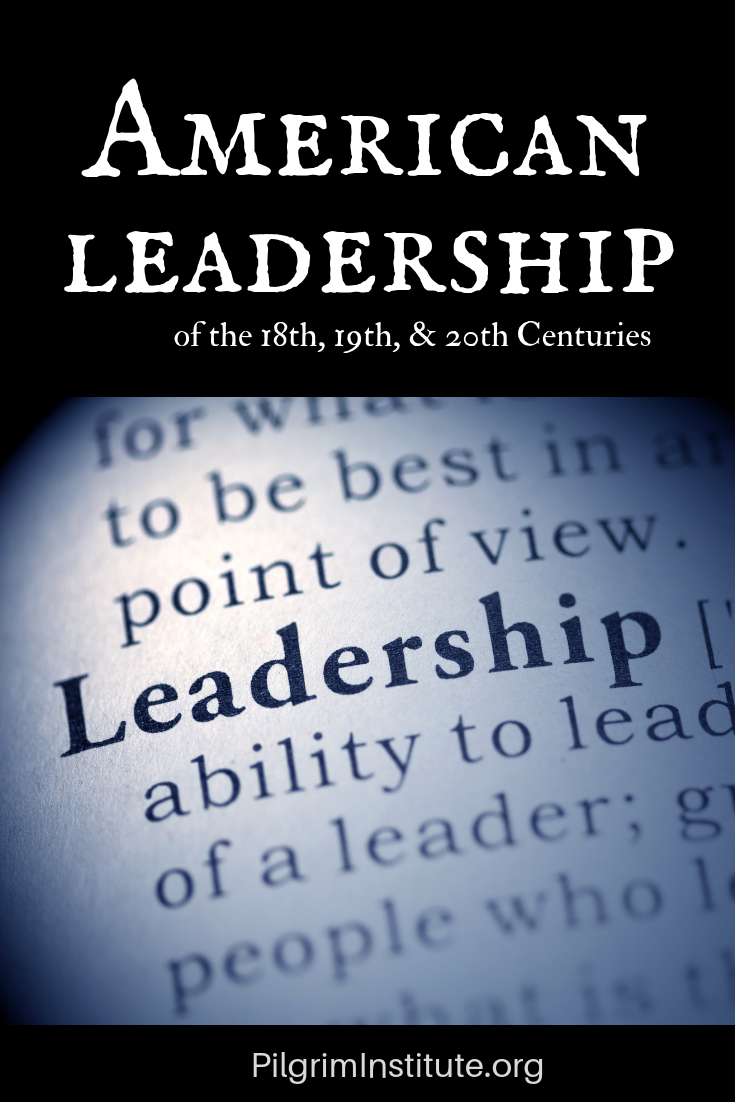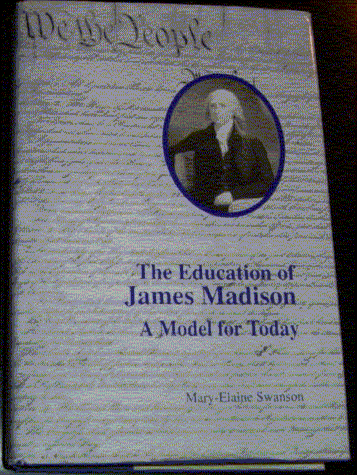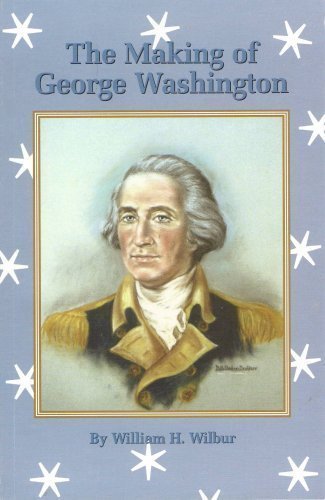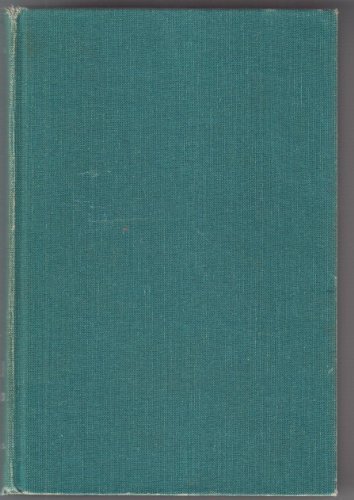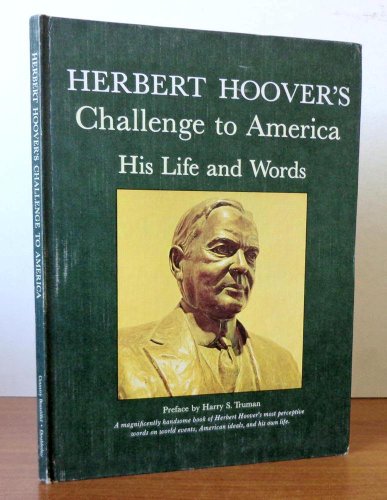American Leadership of the 18th, 19th, and 20th Centuries
Compiled by Ruth Smith
In God’s Providence, He provides the right individuals, with the unique character to lead the nation at each period of history. At a Pilgrim Institute event focused on American Leadership, enlightening presentations were made regarding principles of leadership.
During the 18th Century, the American Colonists declared their Independence from England. Once that Independence was accomplished, there were thirteen individual states only held together by the Articles of Confederation. This became a Critical Period in America’s history and there were those leaders in America who realized that there had to be a stronger union which would bring the thirteen states together as one nation.
The crowning point of the 18th Century was the Constitution of the United States of America
Our Constitution was prepared out of a 150-year experience of Christian Self and Civil Government. Out of the many leaders of our nation who played an important role in the writing and propagating of the U. S. Constitution, we would like to consider George Washington, Father of the Constitution; James Madison, Architect of the Constitution; and Alexander Hamilton, Educator of the Constitution.
Darold Booton, Jr., looked for the cause of what produced this type of leadership
He identified how education in the 18th century had its effect upon their character. Listen to this brief portion of his presentation regarding the education of these men. Three main elements of 18th Century education were piety, civility, and learning. To hear this outstanding presentation identifying the contribution of these three men and the leadership they gave in the writing and ratification of the Constitution, purchase the CD.
While the 18th Century brought the thirteen original states together, by the middle of the 19th Century, the Union was being tested. Would it stand? A change had taken place in the people. The view of God and man and how man should be governed had changed from the strong Biblical view that was prevalent in the 18th Century. The effect of the change in the philosophy of the people is evidenced in the type of leadership which was chosen. Listen to this brief clip as Jill White reflects upon this relationship.
Leadership of the 19th Century Considered
Jill White considered the leadership of the 19th Century from the perspective that the philosophy of man and government influenced all spheres of life including religion, politics, humanitarian and mission efforts, science, business, arts and entertainment, literature, and military actions. In her presentation, she included some leaders who reflected a Biblical view and some who planted the seeds of a non-Biblical view which grew and bore fruit in the 20th Century. Miss White’s complete presentation on the Leadership in the 19th Century is available on CD.
The 20th Century brought a conflict of philosophies of government
The 20th Century brought a conflict of philosophies of government – the fruit of the seeds planted in the 19th Century. Listen to this brief introduction by Lynn Meier. The 20th Century was a time of great inventions, experiments, and progress in technology. It was also a time of great conflict between opposing governmental ideas. In 1928, Herbert Hoover wrote, “Five or six great social philosophies are at struggle in the world for ascendancy . . . The partisans of some of these other brands of social schemes challenge us to a comparison . . . They insist that our social foundations are exhausted, that like feudalism and autocracy America’s plan has served its purpose–that it must be abandoned.”
The three Presidents highlighted from the 20th Century were Herbert Hoover, Franklin Delano Roosevelt, and Ronald Reagan.
Herbert Hoover, orphaned as a young boy, was sent to live with an aunt and uncle in Oregon. He trained as an engineer at Stanford University. In time, he became a great humanitarian and raised significant relief donations for victims of disaster and war.
During his Presidency, Herbert Hoover was faced with the crash of the stock market and the Great Depression.
He sought to resolve the problem within his Constitutional authority.
In the Presidential Election of 1932, Herbert Hoover stated, “This campaign is more than a contest between two men, it is more than a contest between two parties. It is a contest between two philosophies of government.” The people of America chose Franklin Delano Roosevelt as the new President. His New Deal solidified the role of civil government resolving issues from the national level. This expanded the Executive branch of government and initiated much of the bureaucracy which is in effect today.
“In the 1980 election the American people chose a new course. For the first time in half a century we retreated from the expanding-government philosophy established by Franklin D. Roosevelt and pretty much adhered to by every subsequent president through Jimmy Carter. Ronald Reagan’s emphasis on individual opportunity – as opposed to the liberals’ on government-created opportunity – was to have a substantial and positive impact on the prosperity of the American people.” Pete DuPont
Ronald Reagan challenged future generations
“Someone once said that every form of government has one characteristic peculiar to it and if that characteristic is lost the government will fall. In a monarchy it is affection & respect for the royal family. If that is lost the monarch is lost. In a dictatorship it is fear. If the people stop fearing the dictator he’ll lose power. In a representative government such as ours it is virtue. If virtue goes the government falls.
“Are we choosing paths that are politically expedient and morally questionable? Are we in truth losing our virtue? . . .”
Recommended Pilgrim Institute Resources
To learn more about 20th Century Leadership, this CD by Lynn Meier will be of great interest.
The Education of James Madison: A Model for Today
By Mary-Elaine Swanson
This biography presents “a fascinating account of the education of ‘The Father of the Constitution’ – an education begun at home under his devout grandmother, continued in a small boarding school run by an outstanding Scottish teacher and concluded at the Presbyterian College of New Jersey (now Princeton).”
Recommended Resources from Amazon (our affiliate):
The Complete Federalist Papers Miracle At Philadelphia: The Story of the Constitutional Convention May – September 1787
Miracle At Philadelphia: The Story of the Constitutional Convention May – September 1787 The Making of George Washington by William H. Wilbur (2005) Paperback
The Making of George Washington by William H. Wilbur (2005) Paperback Reagan, In His Own Hand: The Writings of Ronald Reagan that Reveal His Revolutionary Vision for America
Reagan, In His Own Hand: The Writings of Ronald Reagan that Reveal His Revolutionary Vision for America Ronald Reagan: Young Leader (Childhood of Famous Americans)
Ronald Reagan: Young Leader (Childhood of Famous Americans) Herbert Hoover Story
Herbert Hoover Story Herbert Hoover’s Challenge to America: His Life and Words
Herbert Hoover’s Challenge to America: His Life and Words When Character Was King: A Story of Ronald Reagan
When Character Was King: A Story of Ronald Reagan
